Happy Kwanzaa: A Celebration of African Heritage and Unity
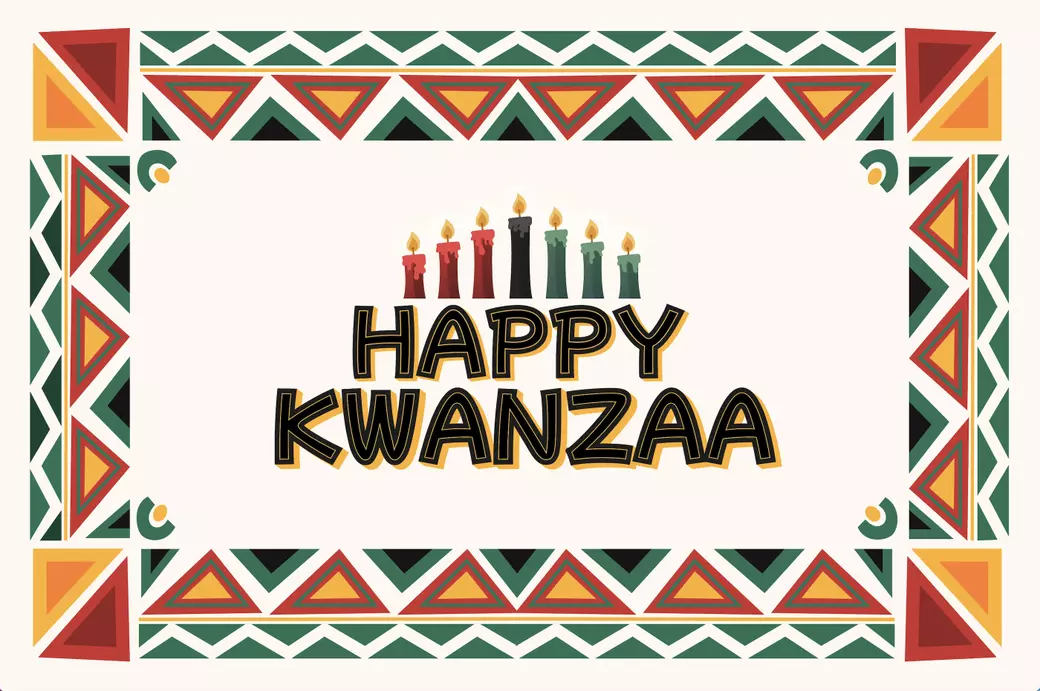
Kwanzaa is a cultural holiday celebrated by African Americans and people of African descent around the world. Created in 1966 by Dr. Maulana Karenga, Kwanzaa is a week-long celebration (December 26 - January 1) that honors African heritage, values, and principles. In this article, we will explore the origins, traditions, and significance of Kwanzaa, shedding light on the rich cultural tapestry it represents.
1. The Origins of Kwanzaa
Kwanzaa was established during the civil rights movement in the United States as a way to reconnect African Americans with their African roots and foster a sense of unity and pride. The holiday takes its name from the Swahili phrase "matunda ya kwanza," meaning "first fruits of the harvest." It is inspired by African harvest festivals and draws on various African traditions and symbols.
2. The Seven Principles of Kwanzaa
At the heart of Kwanzaa are the Nguzo Saba, or Seven Principles, which guide the celebration. Each day of the week-long holiday is dedicated to one principle, with families and communities reflecting on its meaning and incorporating it into their daily lives. The principles are: Umoja (Unity), Kujichagulia (Self-Determination), Ujima (Collective Work and Responsibility), Ujamaa (Cooperative Economics), Nia (Purpose), Kuumba (Creativity), and Imani (Faith).
3. The Kwanzaa Table and Symbols
Central to the Kwanzaa celebration is the Kwanzaa table or Mkeka, which is adorned with various symbolic items. The Mkeka, a woven mat, represents the foundation of African heritage. On the table, there are also seven candles, known as the Mishumaa Saba, which symbolize the Seven Principles. The Kinara, a candle holder, holds the seven candles, with three red candles on the left, three green candles on the right, and a black candle in the center representing unity.
4. The Lighting of the Kinara
Each night of Kwanzaa, a candle is lit on the Kinara, starting with the black candle in the center, which represents unity. The lighting of the candles is accompanied by discussions on the corresponding principle and its importance in daily life. As the candles are lit, families and communities reflect on their ancestors, their struggles, and their triumphs, honoring the legacy of resilience.
5. Music, Dance, and Poetry
Kwanzaa celebrations are often filled with vibrant music, dance, and poetry. Traditional African songs and dances are performed, connecting participants to their African heritage. Drumming, a significant element of African culture, is also a central part of Kwanzaa celebrations, providing a rhythmic backdrop to the festivities.
6. Kwanzaa Gifts and the Exchange of Zawadi
During Kwanzaa, gifts, known as Zawadi, are exchanged as a way to honor and uplift one another. Zawadi can take the form of handmade crafts, books, or symbolic items that reflect African culture and values. The exchange of Zawadi emphasizes the importance of giving and fostering a sense of community.
7. Community and Cultural Events
Kwanzaa is celebrated not only in homes but also in community centers, schools, and cultural organizations. These events often include performances, workshops, and discussions on African history, art, and traditions. Kwanzaa provides an opportunity for individuals and communities to come together, share knowledge, and celebrate their African heritage.
8. Kwanzaa's Relevance Today
Kwanzaa continues to be celebrated by African Americans and people of African descent as a way to honor their heritage, promote unity, and inspire positive social change. It serves as a reminder of the resilience and strength of African communities worldwide, while also highlighting the importance of cultural pride, self-determination, and collective responsibility.
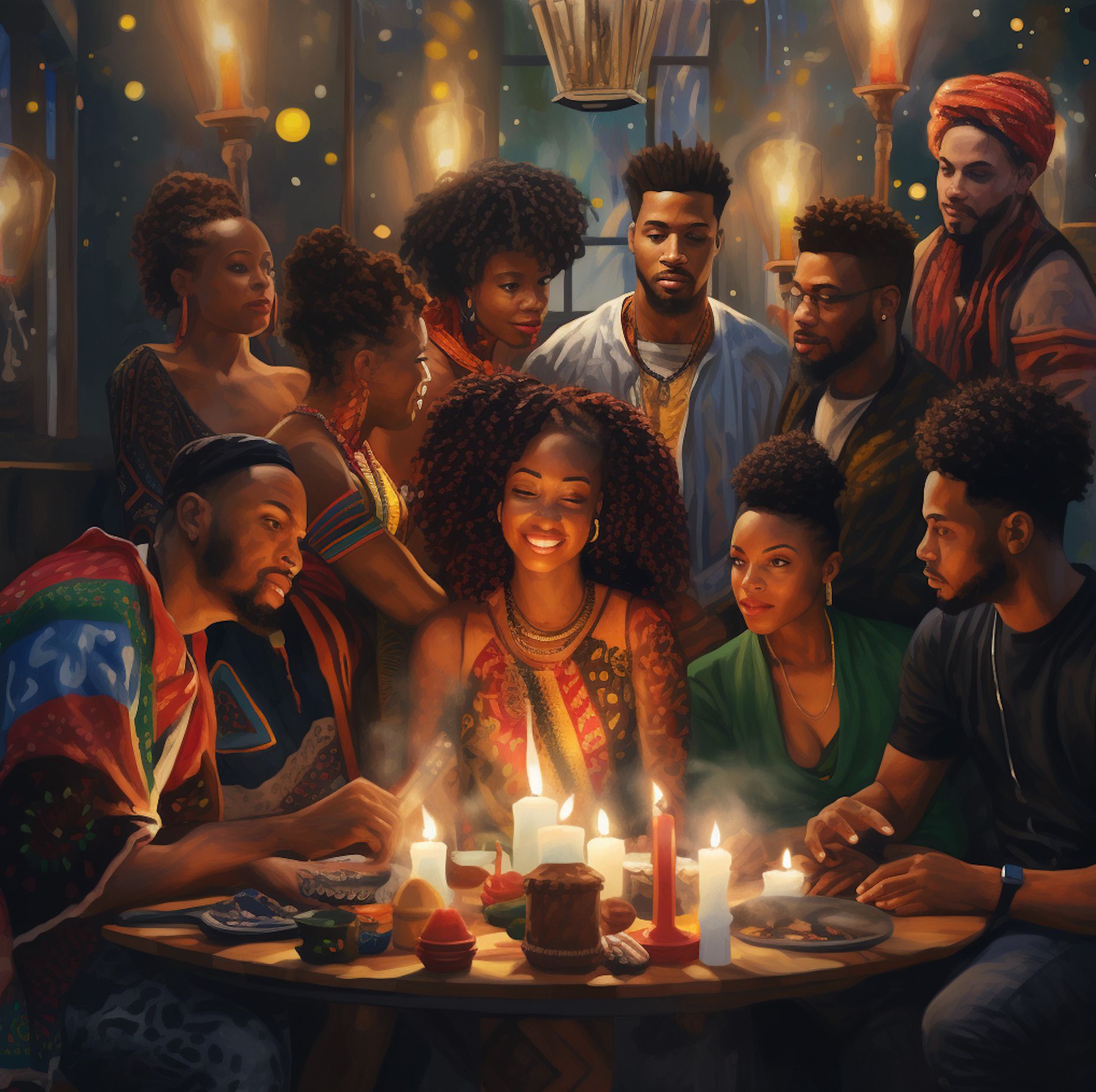
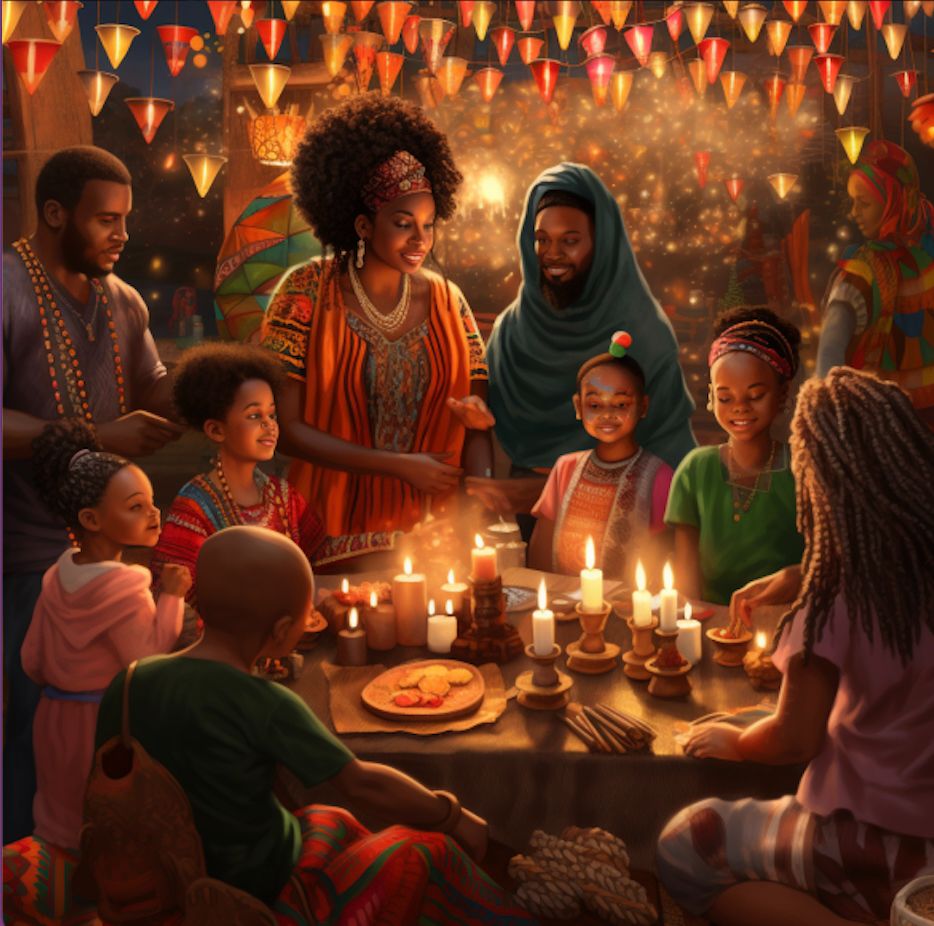
Kwanzaa is a vibrant and meaningful celebration that embraces African heritage, values, and principles. Through the Seven Principles, the lighting of the Kinara, the exchange of Zawadi, and community events, Kwanzaa fosters unity, self-determination, and collective responsibility. It is a time to reflect on the past, celebrate the present, and envision a future rooted in African culture and principles. As Kwanzaa continues to evolve and be celebrated, it serves as a powerful reminder of the enduring legacy and contributions of African people around the world.
Categories
Recent Posts
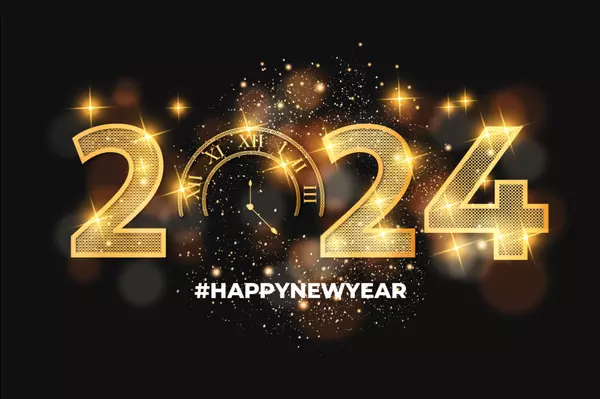


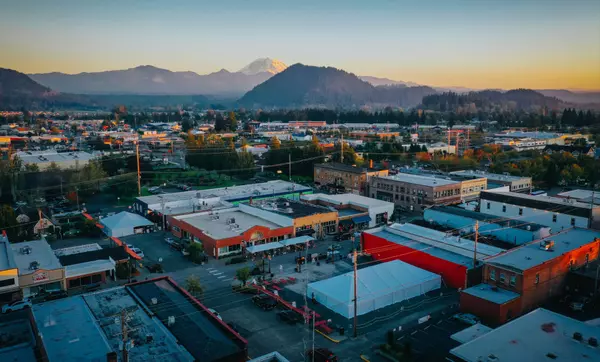
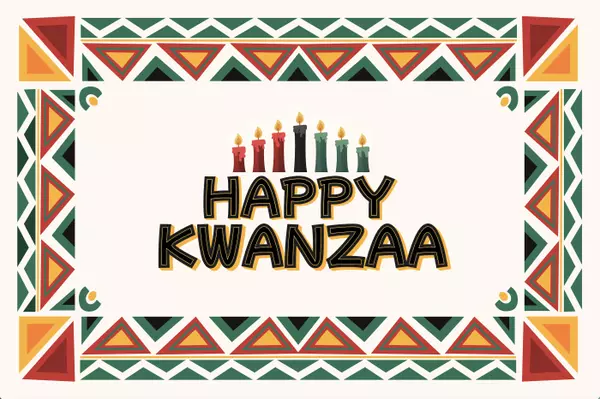





GET MORE INFORMATION


